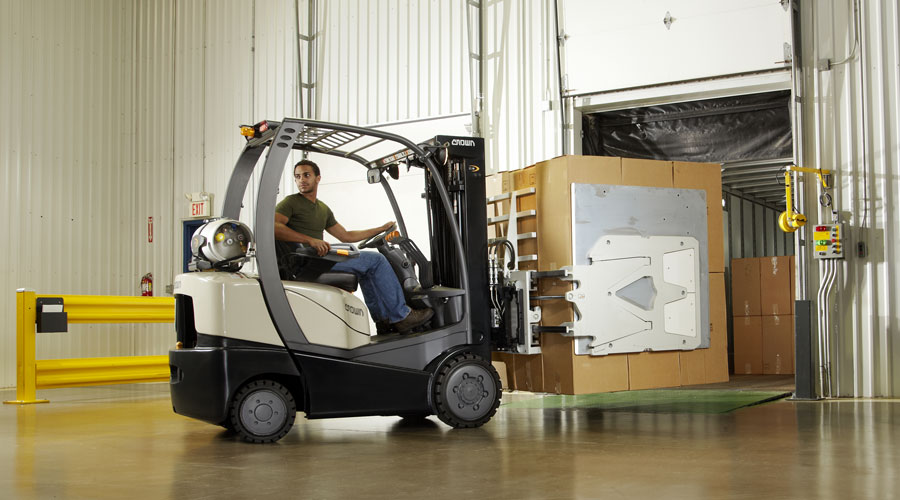Three Strategies for Reducing Turnover Among Forklift Operators

Despite advances in automation and technology, warehouses still heavily depend on people. Recent studies show qualified workers are becoming harder to find and retain and the turnover rate in the warehouse environment is among the highest across all industries.
A key to employee retention is motivation and engagement. Workers who feel valued and find their work rewarding are less likely to look for new opportunities elsewhere. Here are three strategies that can help reduce turnover among forklift operators.
1. Provide state-of-the-art lift trucks and technology
Forklifts based on human-centric design principles can foster a positive environment and increase driver satisfaction and performance. There are a wide variety of features that can reduce operator discomfort, such as adjustable seats, armrests, power steering and ergonomic controls. Advanced technologies can also enhance productivity and provide ergonomic benefits. For example, in low-level picking applications, technology allows operators to advance the pallet truck in fewer steps. It also reduces fatigue, saves time and eliminates the repetition of returning to the truck.
2. Share management data
Forklifts equipped with wireless technology connect to a centralized fleet management system so warehouse managers can gather data on forklift operator performance. With this data, organizations can reward high performers and address issues with poor performers. Sharing performance data with operators, especially positive trends, helps reinforce good behavior and enhances operator performance. It can also bring an element of gamification to the warehouse, encouraging a friendly competition that can help reinforce positive trends. In addition, it can make operators feel like they are part of a team–working collaboratively with management to improve productivity and safety.
3. Enable growth through training
Shifting the learning environment from the classroom to the warehouse and replacing text-heavy manuals with videos and other hands-on experiences, helps make training accessible at any time. These changes help operators incorporate short training sessions into the workday. A Learning Management System (LMS) enables personnel to access content outside the classroom. They also help manage the delivery of appropriate content based on operator skill level and performance. Individualized training can help prepare operators for evaluation and feedback, creating a cycle of continuous learning and improvement.
Focusing on employee retention in the warehouse can help reduce turnover and reflects the value of the company’s most important asset – people. Applying new training approaches and leveraging data captured with operator and fleet management systems can help empower operators to learn new skills, become more proficient and contribute even more to the success of the organization.
For more information on connected forklift solutions that can help train, manage, motivate and retain employees, visit the Connected Solutions page on crown.com.